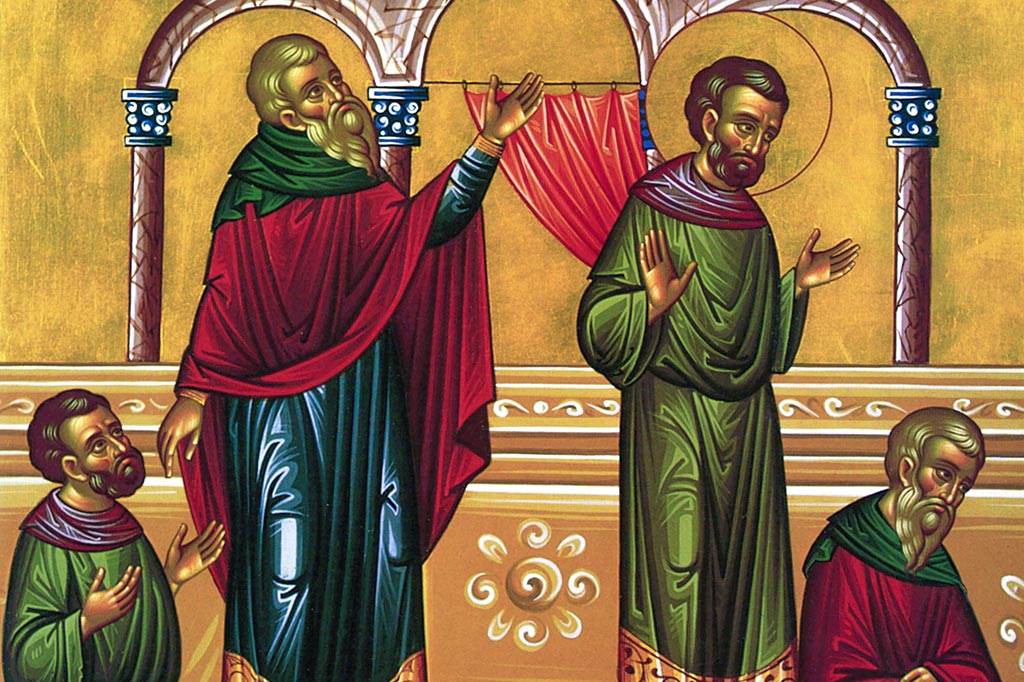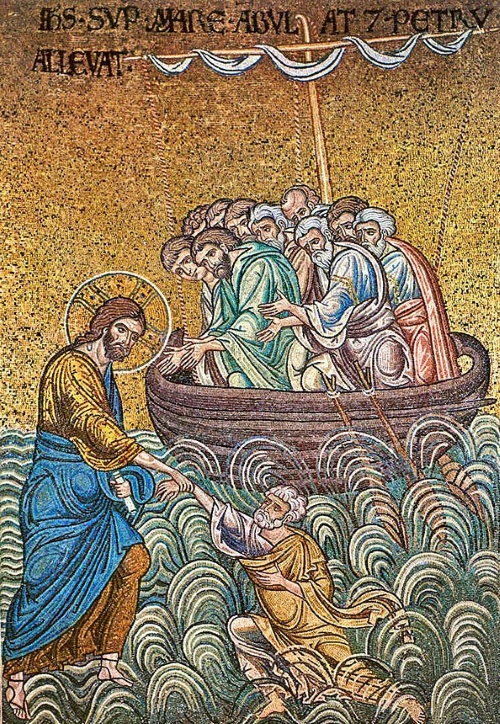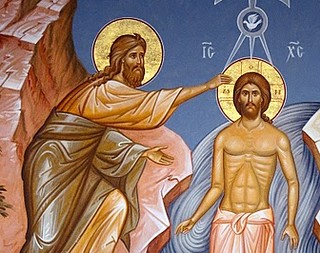For God so loved the world that He gave His only Son, that whoever believes in Him should not perish but have eternal life.
John 3:16
Several months ago, I sent out a survey to my community (and used it at summer camp and several other events) which was entitled “Survey on Where We Are.” It consisted of five statements, the first four of which asked the person filling it out to rate themselves on a scale from 1 (no struggle) to 10 (really struggle). There was also a space on each question where the respondent could make comments. For the next several weeks, we are going to be discussing both the questions and the comments made, in order to provide some thoughts for things we all think about at times in our Christian life.
The first statement was: I struggle to understand what we believe, which means I’m not sure what we believe in as Christians. I’m not sure what the basic message of Christianity is.
Before we can get to the deeper questions of “do we really believe” and “if we believe, why is it that we struggle to do what we believe,” we have to confront an even more basic question, which is “do we even understand what it is we are supposed to believe in?” In other words, we can’t believe without any knowledge. So before one can answer the question, “Do you believe in Christ?” one has to understand some things about Christ.
Many books have been written about the basics of Christianity. Of course, the best “book” on the subject is the Holy Bible. Because all of our beliefs and practices as Christians, and specifically as Orthodox Christians, come from the Bible. We will speak more about the Bible in future reflections.
For this reflection, let’s focus on a few simple Biblical truths, which shape our beliefs and hopefully our practices. One has to understand and accept a few simple Biblical truths in order to be a Christian. Remember that until recent centuries people could not read. Therefore, it was impossible to read the entire Bible. People focused their faith on a few verses of Scripture that were easy to remember.
In the beginning God created the heavens and the earth. The earth was without form and void and darkness was upon the face of the deep; and the Spirit of God was moving over the waters. And God said, “Let there be light.” Genesis 1:1-3
We learn several things from these three verses. First, God was existing forever. Because in the beginning He created. There is no such thing as “before the beginning.” The beginning is the start, the genesis. God created everything. No one created God. He is uncreated. Second, God created the heavens and the earth. In other words, He created everything, and He created from nothing. Because there was no form, everything was void and darkness was everywhere. And God created light, by His word. Finally, God created in Trinity—God created is the Father, the Spirit is moving over the waters (the Holy Spirit) and the Word that gives the command of God is the Son of God, later incarnate as Jesus Christ.
Then God said, “Let us make in our image, after our likeness; and let them have dominion over the fish of the sea, and over the birds of the air, and over the cattle, and over all the earth, and over every creeping thing that creeps upon the earth.” So God created man in His own image, in the image of God He created him; male and female He created them. Genesis 1:26-27
God made man as an icon (image) of God. He made us to be like Him. To radiate and reflect Him, to be in union with Him. God put man at the top of the food chain, so to speak, to have dominion over everything. And God made man to be like God, to live forever. In other words, only the human being has a soul. No other entity in the created world has a soul—not the animals or the trees, or the plants or the planets. Only the human being.
Then Lord God took the man and put him in the garden of Eden to till it and keep it. And the Lord God commanded the man, saying, “You may freely eat of every tree of the garden; but of the tree of the knowledge of good and evil you shall not eat, for in the day that you eat of it you shall die.” Genesis 2: 15-17
God placed mankind in the Garden of Eden, in Paradise. He gave mankind free reign of the garden. He put only one prohibition on the man, which was that he could not eat of the tree of the knowledge of good and evil. The result of this would be death, or estrangement from God.
Then the Lord God said, “Behold, the man has become like one of us, knowing good and evil; and now, lest he put forth his hand and take also of the tree of life, and eat, and live forever”—therefore the Lord God sent him forth from the garden of Eden, to till the ground from which he was taken. Genesis 3: 22-23
Because Adam and Eve freely chose to eat of the fruit of the tree of the knowledge of good and evil, they were expelled from Paradise, cast out of the garden to till the ground until the day they would die and return to the dust from which they were taken.
Notice how four of the most important Biblical truths come from the first three chapters of Genesis—God existed forever, God created everything, God created us after His image and likeness, and mankind fell from Paradise.
This brings us to our fifth significant Biblical truth, which is John 3:16: For God so loved the world that He gave His only Son, that whoever believes in Him should not perish but have eternal life. God so loved the world that He couldn’t stand to see the human race consigned to eternal condemnation. Thus, He sent forth His only Son, the Word of God became flesh and died for our sins, He paid our debt for sin which is death, so that we will not perish (die, be permanently estranged from God), but so that we will have eternal life, again to live in Paradise.
Christianity is built around these Biblical truths—a God who creates, a God who creates out of love, a God who creates us to be like Him, a human race that sinned against God and a God who redeems humanity through the Incarnation of His Son, who dies for our sins, conquers death by the Resurrection and opens up for us the door back to Paradise. It is hard to understand this? In some ways yes, in some ways no. Is it hard to believe this? Yes, it is a lot harder to believe than it is to understand. We will come back to believing and doing another day. For today, let’s keep our focus on understanding what it means to be a Christian.
Lord, please help me to understand these Biblical truths. Before I can do, I must believe. And before I believe, I must understand. On many days I will come before You and ask You to strengthen my belief and inspire me to live according to Your commandments. On this day, I come before You to ask You to help me understand better and more deeply, so that I can believe more deeply and live with more commitment and conviction. Amen.
Meditate on these Biblical truths today!



